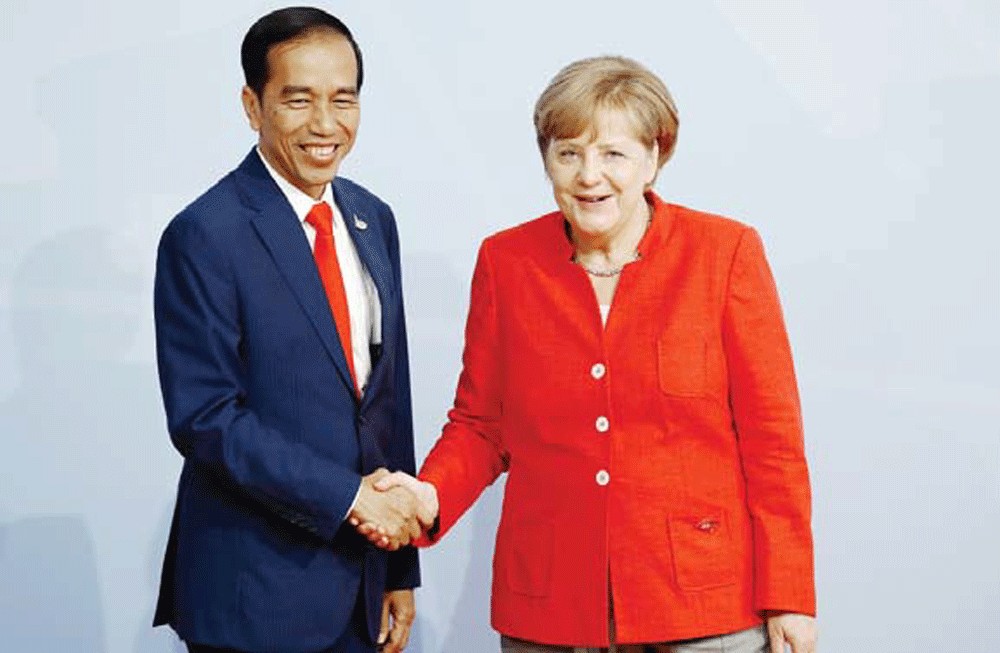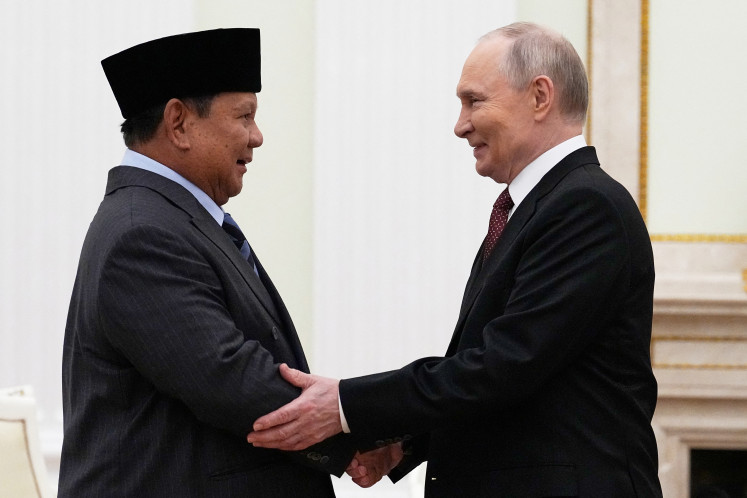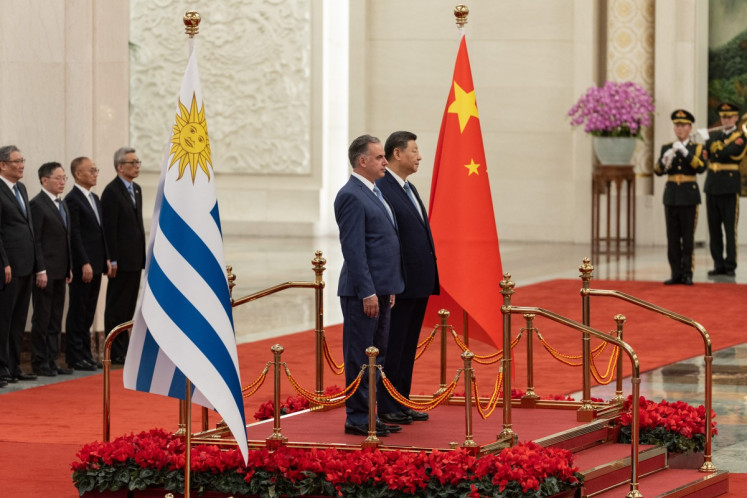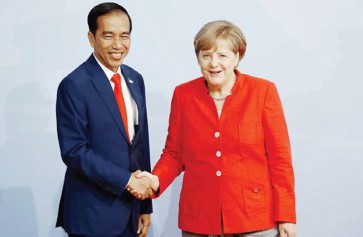Popular Reads
Top Results
Can't find what you're looking for?
View all search resultsPopular Reads
Top Results
Can't find what you're looking for?
View all search resultsIndonesia, G20 and digital economy
The G20 leaders will meet again this November in Buenos Aires, 10 years after the first G20 summit that was held with the global financial crisis as its backdrop.
Change text size
Gift Premium Articles
to Anyone

The G20 leaders will meet again this November in Buenos Aires, 10 years after the first G20 summit that was held with the global financial crisis as its backdrop. While the forum has been relatively successful in leading the global economy into more positive trends following the 2008 crisis, this year the G20 leaders are once again faced with a number of challenges, most pertinently inequality.
The G20, representing 80 percent of the global gross domestic product (GDP), more than 75 percent of global trade and about 60 percent of the world’s population, has become the most exclusive and influential global economic forum. Indonesia’s membership in this forum could serve as a vehicle to acquire economic benefits that are considered to be the chief of Indonesia’s national interests under President Joko “Jokowi” Widodo.
Furthermore, being a G20 member also represents the fulfilment of Indonesia’s constitutional mandate, which is to contribute to the creation of world peace and prosperity.
In addition, the G20 has allowed Indonesia to play a role as a bridge builder between the developed and developing countries, as well as an actor in shaping the foundation of the global economy. This is primarily due to the existence of a caucus of emerging market economies (EMEs).


















